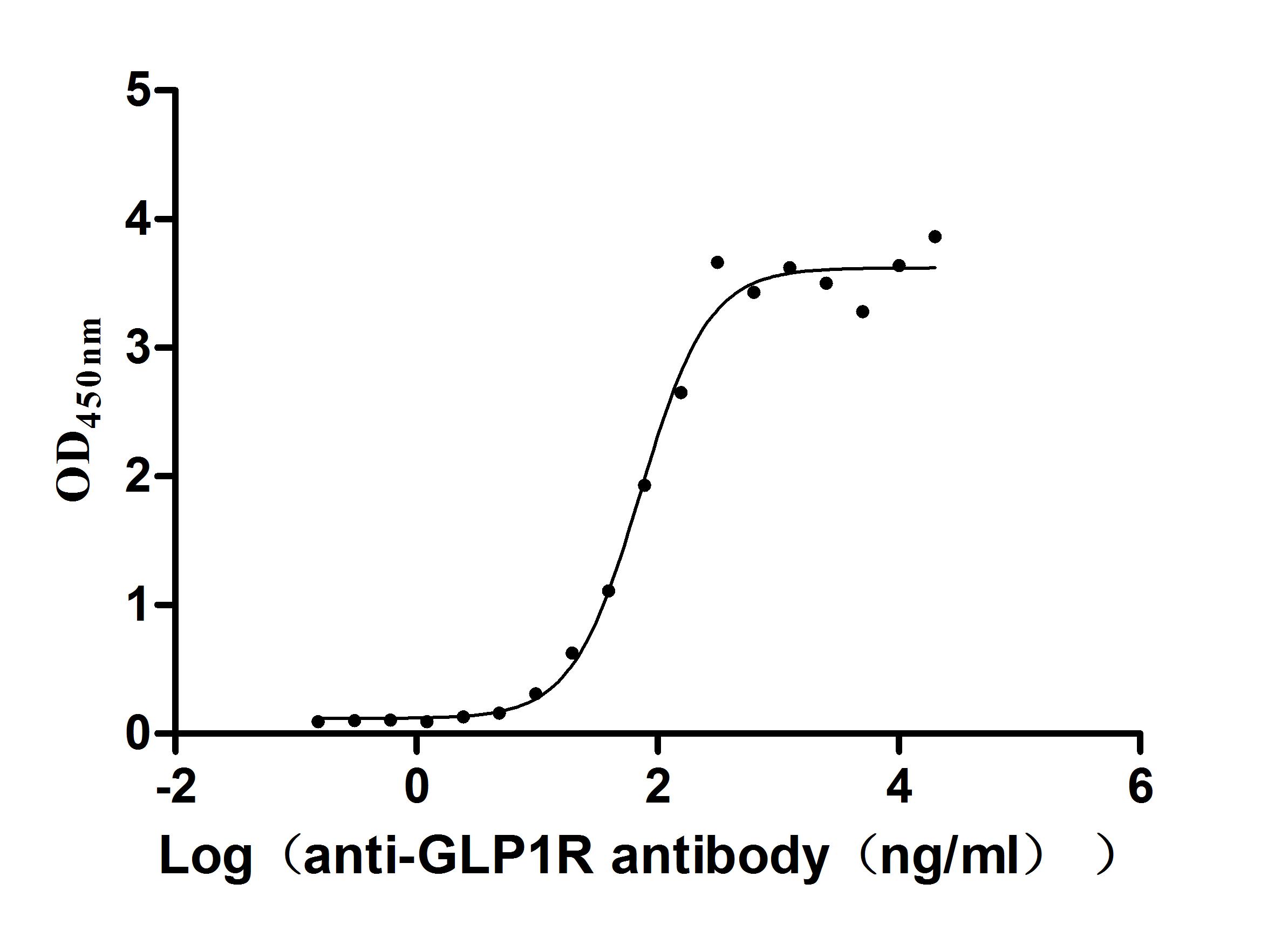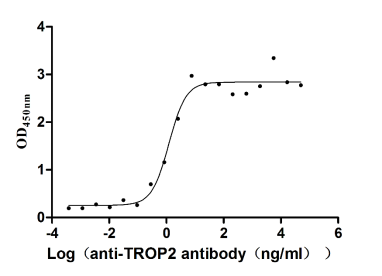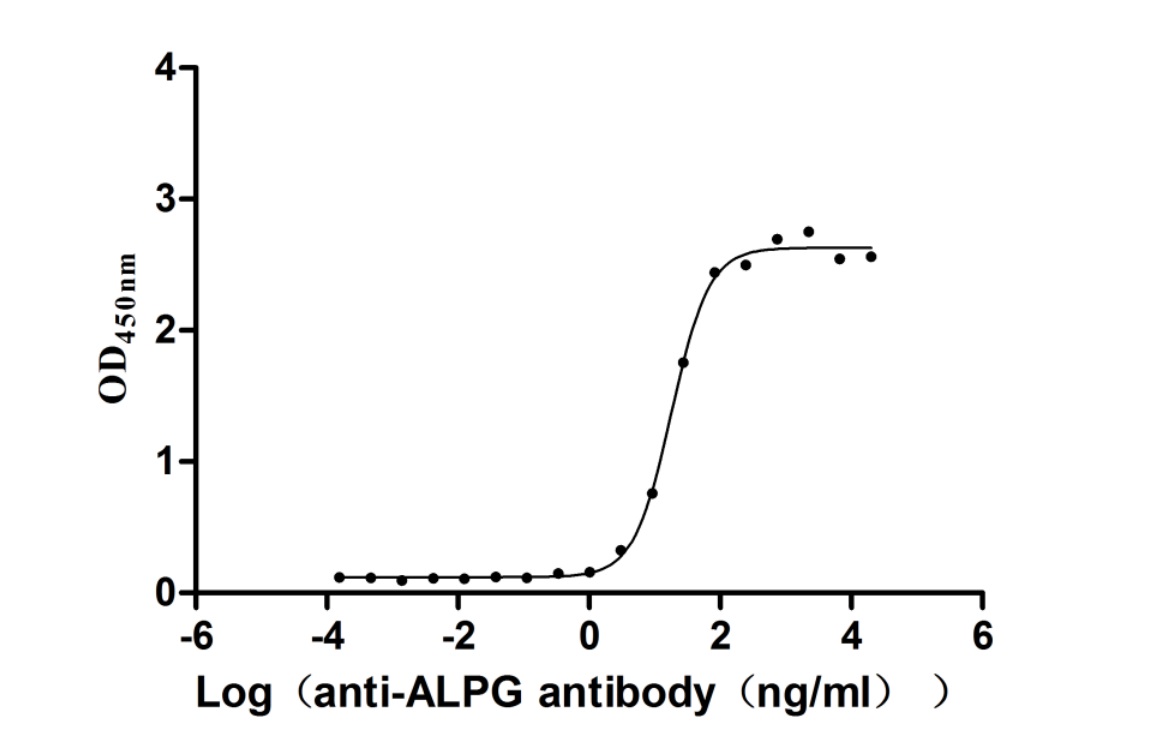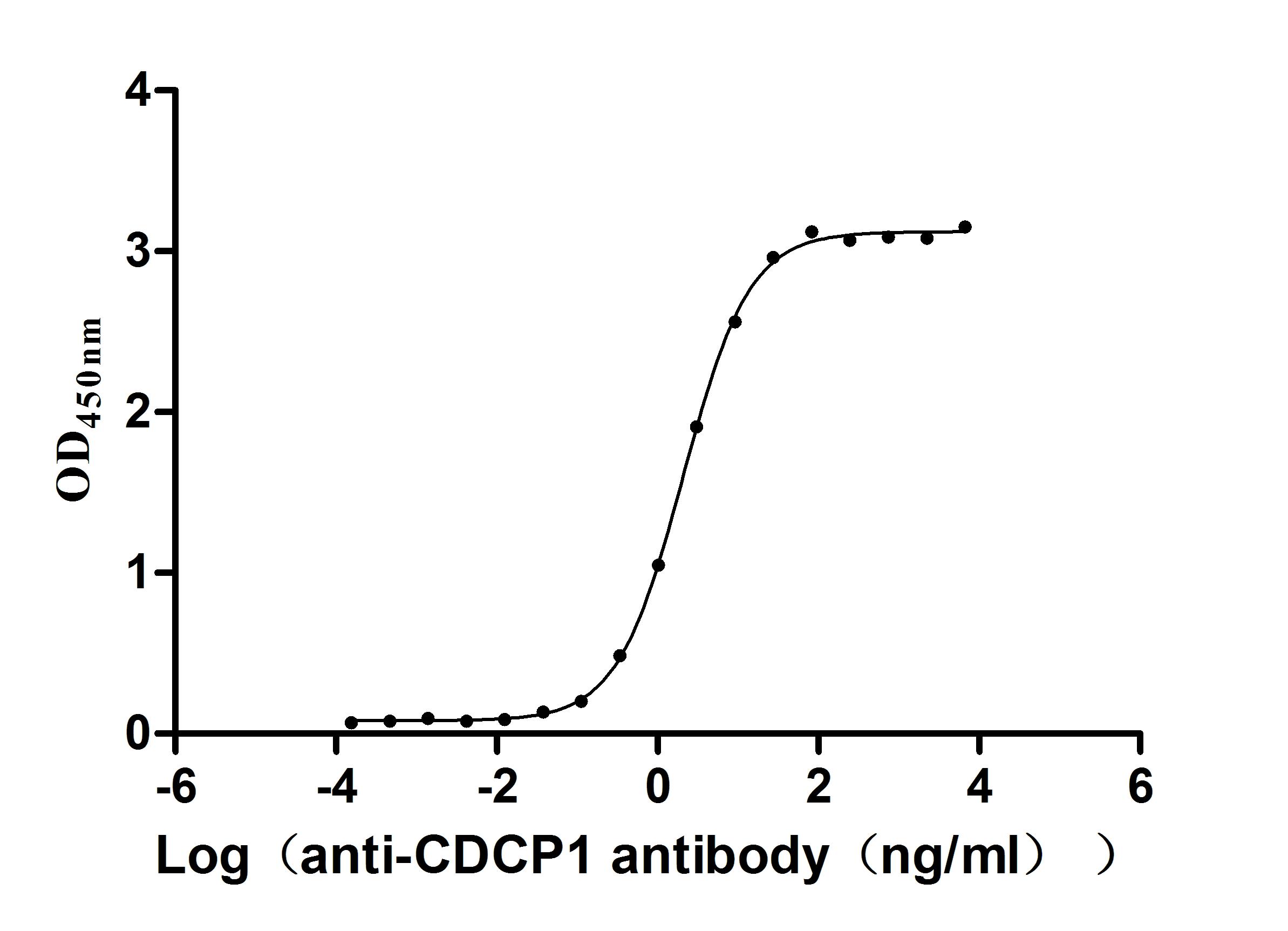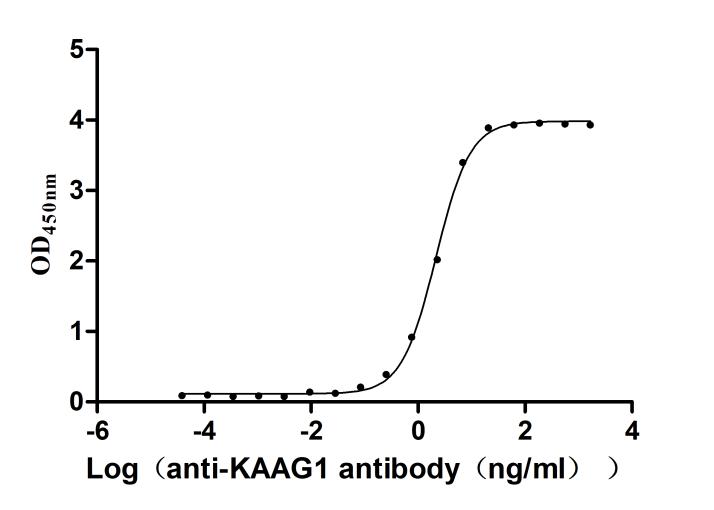Recombinant Mouse Regucalcin (Rgn)
-
货号:CSB-YP737355MO
-
规格:
-
来源:Yeast
-
其他:
-
货号:CSB-EP737355MO
-
规格:
-
来源:E.coli
-
其他:
-
货号:CSB-EP737355MO-B
-
规格:
-
来源:E.coli
-
共轭:Avi-tag Biotinylated
E. coli biotin ligase (BirA) is highly specific in covalently attaching biotin to the 15 amino acid AviTag peptide. This recombinant protein was biotinylated in vivo by AviTag-BirA technology, which method is BriA catalyzes amide linkage between the biotin and the specific lysine of the AviTag.
-
其他:
-
货号:CSB-BP737355MO
-
规格:
-
来源:Baculovirus
-
其他:
-
货号:CSB-MP737355MO
-
规格:
-
来源:Mammalian cell
-
其他:
产品详情
-
纯度:>85% (SDS-PAGE)
-
基因名:Rgn
-
Uniprot No.:
-
别名:Rgn; Smp30; Regucalcin; RC; Gluconolactonase; GNL; EC 3.1.1.17; Senescence marker protein 30; SMP-30
-
种属:Mus musculus (Mouse)
-
蛋白长度:full length protein
-
表达区域:1-299
-
氨基酸序列MSSIKVECVL RENYRCGESP VWEEASQSLL FVDIPSKIIC RWDTVSNQVQ RVAVDAPVSS VALRQLGGYV ATIGTKFCAL NWENQSVFVL AMVDEDKKNN RFNDGKVDPA GRYFAGTMAE ETAPAVLERH QGSLYSLFPD HSVKKYFDQV DISNGLDWSL DHKIFYYIDS LSYTVDAFDY DLQTGQISNR RIVYKMEKDE QIPDGMCIDA EGKLWVACYN GGRVIRLDPE TGKRLQTVKL PVDKTTSCCF GGKDYSEMYV TCARDGLNAE GLLRQPDAGN IFKITGLGVK GIAPYSYAG
-
蛋白标签:Tag type will be determined during the manufacturing process.
The tag type will be determined during production process. If you have specified tag type, please tell us and we will develop the specified tag preferentially. -
产品提供形式:Lyophilized powder
Note: We will preferentially ship the format that we have in stock, however, if you have any special requirement for the format, please remark your requirement when placing the order, we will prepare according to your demand. -
复溶:We recommend that this vial be briefly centrifuged prior to opening to bring the contents to the bottom. Please reconstitute protein in deionized sterile water to a concentration of 0.1-1.0 mg/mL.We recommend to add 5-50% of glycerol (final concentration) and aliquot for long-term storage at -20℃/-80℃. Our default final concentration of glycerol is 50%. Customers could use it as reference.
-
储存条件:Store at -20°C/-80°C upon receipt, aliquoting is necessary for mutiple use. Avoid repeated freeze-thaw cycles.
-
保质期:The shelf life is related to many factors, storage state, buffer ingredients, storage temperature and the stability of the protein itself.
Generally, the shelf life of liquid form is 6 months at -20°C/-80°C. The shelf life of lyophilized form is 12 months at -20°C/-80°C. -
货期:Delivery time may differ from different purchasing way or location, please kindly consult your local distributors for specific delivery time.Note: All of our proteins are default shipped with normal blue ice packs, if you request to ship with dry ice, please communicate with us in advance and extra fees will be charged.
-
注意事项:Repeated freezing and thawing is not recommended. Store working aliquots at 4°C for up to one week.
-
Datasheet :Please contact us to get it.
靶点详情
-
功能:Gluconolactonase with low activity towards other sugar lactones, including gulonolactone and galactonolactone. Catalyzes a key step in ascorbic acid (vitamin C) biosynthesis. Can also hydrolyze diisopropyl phosphorofluoridate and phenylacetate (in vitro). Calcium-binding protein. Modulates Ca(2+) signaling, and Ca(2+)-dependent cellular processes and enzyme activities.
-
基因功能参考文献:
- It was confirmed that hair growth was significantly promoted; hair growth from hair papilla cells was also confirmed by HE staining of the shaved backs of SMP-30/GNL-KO mice in the vitamin C(+) group PMID: 28652426
- The phosphorylated eNOS and Akt levels and VEGF levels in ischemic muscle were lower in SMP30 KO and old mice than in young mice. Deficiency of SMP30 exacerbates oxidative stress related to NADPH oxidase activity enhancement and impairs eNOS activity, which leads to rarefaction of angiogenesis induced by ischemia PMID: 26912033
- Results suggested that SMP30 deficiency augments myocardial Ischemia/Reperfusion injury through reactive oxygen species generation and attenuation of Akt activation. PMID: 27077846
- This is the first report that stem cell replacement increased the expression of SMP30 in the liver, and may help prevent fibrosis in the liver of db/db mice. PMID: 26694363
- SMP30/GNL-positive cells localized around the central veins of livers of mice and decreased numerically with aging. Nuclear SMP30/GNL protein might be a regulatory factor specific for genes whose expression governs transcription and the aging process. PMID: 25311772
- SMP30 may be a potent inhibitory protein against oxidative stress and chronic inflammation. PMID: 25394676
- SMP30 plays an important role in the regulation of coronary vascular tone by myocardium. PMID: 23629672
- These results suggested that SMP30 might be involved in overriding the apoptotic homeostatic mechanism in response to DNA damage. PMID: 23708106
- SMP30 deficiency is closely associated with non-alcoholic fatty liver disease pathogenesis. PMID: 23755269
- left ventricular ejection fraction was more severely reduced in the DOX-treated SMP30 KO mice than in the DOX-treated WT mice, but was preserved in the DOX-treated SMP30 TG mice PMID: 24391705
- Results from using this unique model of AA deficiency, the SMP30/GNL-KO mouse, now provide new information about formerly unknown AA functions that will implement further study of AA in vivo. PMID: 24704458
- SMP30/gluconolactonase mRNA transcripts were detected in the ovaries of mice, and the expression of these transcripts increased from days 0 to 8 of gestation and decreased rapidly thereafter. PMID: 24292059
- Administration of ACh into the aortic sinus in vivo of SMP30 KO mice induced coronary artery spasm. PMID: 23320823
- evidence that deficiency of SMP30 exacerbates Ang II-induced cardiac hypertrophy, dysfunction, and remodelling, suggesting that SMP30 has a cardio-protective role in cardiac remodelling with anti-oxidative and anti-apoptotic effects in response to Ang II PMID: 23723062
- Cardiac-specific overexpression of SMP30 inhibits angiotensin II-induced cardiac adverse remodeling PMID: 23933320
- Morphological analysis revealed that neonates of SMP30/GNL KO mothers whose intake of AA was low during gestation manifested abnormal cardiac dilation, congestion of liver and lungs, incompletely expanded pulmonary alveoli, and impaired vertebral bodies PMID: 23385962
- The present study shows that modulation of astrocytic SMP30 can be a promising target for treating PD. PMID: 23122412
- structural feature of mouse SMP30/GNL seems to facilitate the gamma-lactone-ring formation. PMID: 23349732
- Differences in amino acid residues in the binding pocket dictate substrate specificity of mouse SMP-30. PMID: 22401958
- Exogenous regucalcin suppresses osteoblastogenesis and stimulates adipogenesis in mouse bone marrow culture PMID: 22868942
- SMP30 knockout mice showed the most elevated expression of the receptor activator of nuclear factor kappa-B ligand PMID: 22974214
- Ascorbic acid deficiency leads to epidermal atrophy and UVB-induced skin pigmentation in SMP30/GNL knockout hairless mice PMID: 22495180
- existence of multiple forms of SMP30 PMID: 21347421
- By using primary cultured hepatocytes from SMP30/GNL KO mice, we found that SVCT1 and SVCT2 mRNA expression levels and AA uptake ability were significantly enhanced in the hepatocytes of ascorbic acid-depleted SMP30/GNL KO mice. [gluconolactonase] PMID: 20122894
- Decreased SMP30 may contribute to the worsening of glucose tolerance that occurs in normal aging. PMID: 21099321
- Vitamin C deficiency by SMP30 depletion attenuated liver fibrosis by way of up-regulated PPAR-gamma expression in SMP30 knock out mice. PMID: 20162732
- By using primary cultured hepatocytes from SMP30/GNL KO mice, we found that SVCT1 and SVCT2 mRNA expression levels and AA uptake ability were significantly enhanced in the hepatocytes of ascorbic acid-depleted SMP30/GNL KO mice. PMID: 20122894
- ERK1/2 activation was involved in the up-regulation of SMP30 in astrocytes. Elevated SMP30 in activated astrocytes plays an important supportive role after brain damage. PMID: 19437547
- results demonstrate that SMP30 acts to protect cells from apoptosis PMID: 12368201
- Senescence marker protein-30 is a unique enzyme that hydrolyzes diisopropyl phosphorofluoridate in the liver PMID: 15251439
- Proteomics screening of normal vs dystrophic fibres shows that regucalcin of 33.9 kDa & pI5.2 exists in diaphragm muscle. A 2-fold reduction of regucalcin in mdx diaphragm, as in dystrophic limb muscle & heart, was confirmed in young & aged mdx mice. PMID: 16483859
- brain SMP30 has a protective action against oxidative damage, without influencing antioxidant enzyme status PMID: 16500693
- Using the SMP30 knockout mouse demonstratesthat the alternative pathway of ascorbic acid synthesis involving d-glucurono-gamma-lactone operates in vivo, although its flux is fairly small. PMID: 16585534
- SMP30 has a role in kidney tubular cell senescence PMID: 16874657
- Zinc sulfate has a role in the enhancement of Runx2, OPG, or regucalcin mRNA expression in osteoblastic cells in vitro. PMID: 18327666
- SMP30 also plays a very important role in a self-protective mechanism in survival and participates in the pathophysiological processes of acute liver failure. PMID: 18507831
- SMP30 overexpression reduced the elevated intracellular calcium levels PMID: 18704329
- Data suggest that through regucalcin and L-gulonolactone oxidase expression, beta-catenin regulates vitamin C biosynthesis in liver. PMID: 19690176
显示更多
收起更多
-
亚细胞定位:Cytoplasm.
-
蛋白家族:SMP-30/CGR1 family
-
组织特异性:Mainly present in the liver. Weak expression was found in the brain, lung and kidney.
-
数据库链接:
KEGG: mmu:19733
STRING: 10090.ENSMUSP00000023832
UniGene: Mm.2118
Most popular with customers
-
Recombinant Human Hepatocyte growth factor receptor (MET), partial (Active)
Express system: Mammalian cell
Species: Homo sapiens (Human)
-
Express system: Mammalian cell
Species: Homo sapiens (Human)
-
Recombinant Mouse Claudin-18 (Cldn18)-VLPs (Active)
Express system: Mammalian cell
Species: Mus musculus (Mouse)
-
Recombinant Human Glucagon-like peptide 1 receptor (GLP1R), partial (Active)
Express system: Mammalian cell
Species: Homo sapiens (Human)
-
Recombinant Human Tumor-associated calcium signal transducer 2 (TACSTD2), partial (Active)
Express system: Mammalian cell
Species: Homo sapiens (Human)
-
Recombinant Human Alkaline phosphatase, germ cell type (ALPG) (Active)
Express system: Mammalian cell
Species: Homo sapiens (Human)
-
Recombinant Macaca fascicularis CUB domain containing protein 1 (CDCP1), partial (Active)
Express system: Mammalian cell
Species: Macaca fascicularis (Crab-eating macaque) (Cynomolgus monkey)
-
Recombinant Human Kidney-associated antigen 1(KAAG1) (Active)
Express system: E.coli
Species: Homo sapiens (Human)


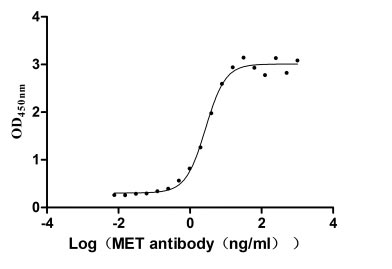
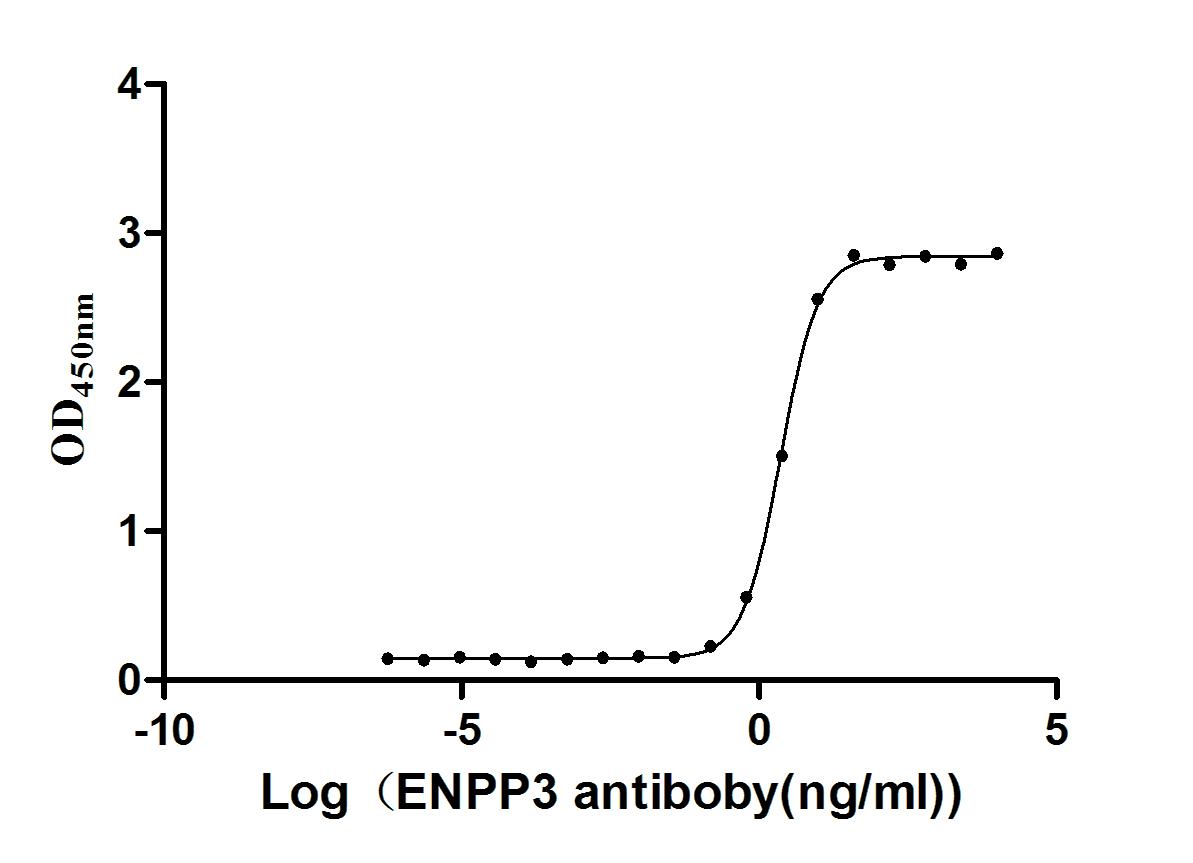
-AC1.jpg)
